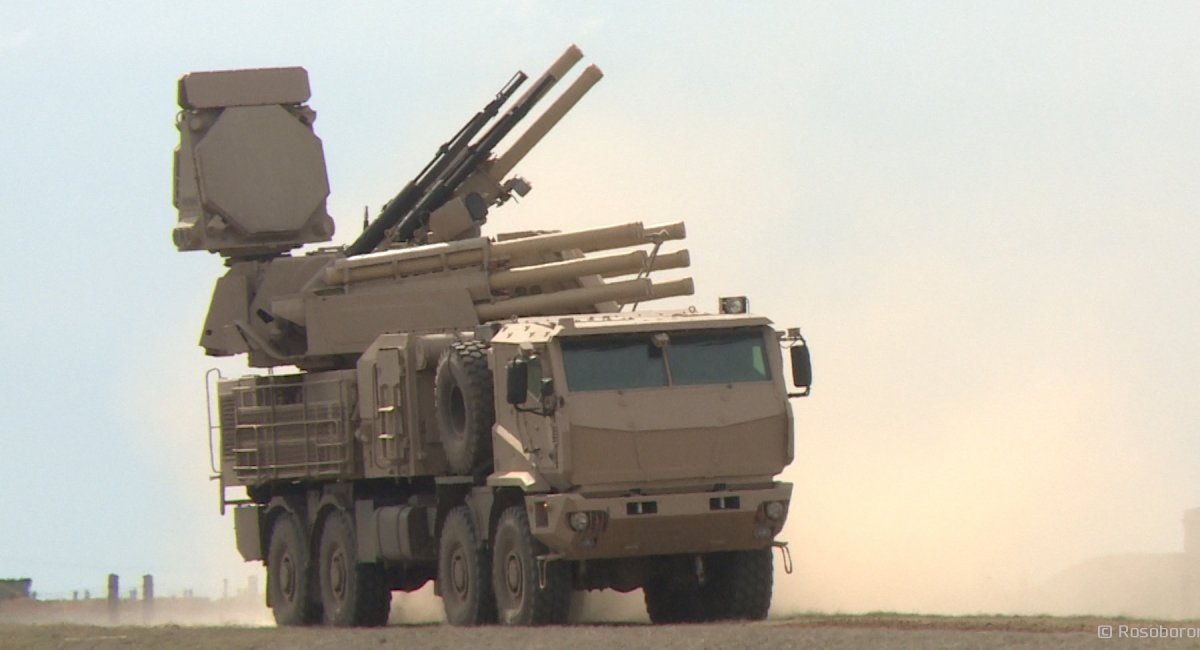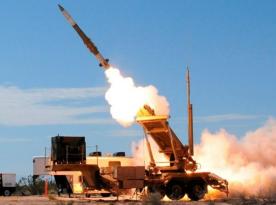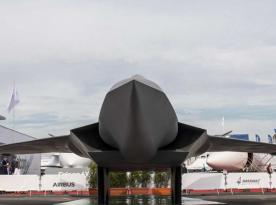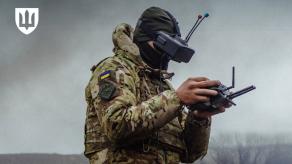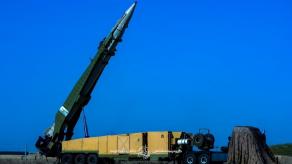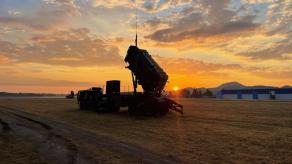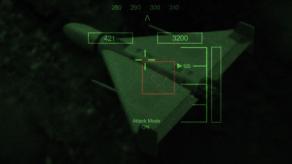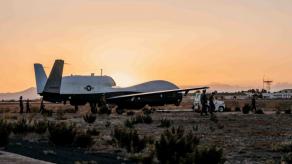Unofficial sources in russia reported breaking news that Saudi Arabia is purchasing Pantsir anti-aircraft missile-and-artillery systems. If confirmed, this could become a serious predicament because the purchase of russian weapons entails the threat of getting sanctioned by the USA under the CAATSA law — the same law that previously expelled Turkiye from the F-35 program for the purchase of russian S-400s.
The original source of the news was called either a report of the Saudi defense ministry, or foreign publications, which in turn referred to russian ones. The whole topic started to seem like another fantasy of russian propaganda, but Defense Express got to the real source of this information. It turned out to be the 37th issue of the printed quarterly government magazine "Air Defense," and it can actually be considered an official outlet.
Read more: russia Pushed Out of Defense Market: Korea Sells KM-SAM II Air Defense System to Iraq for $2.8 Billion
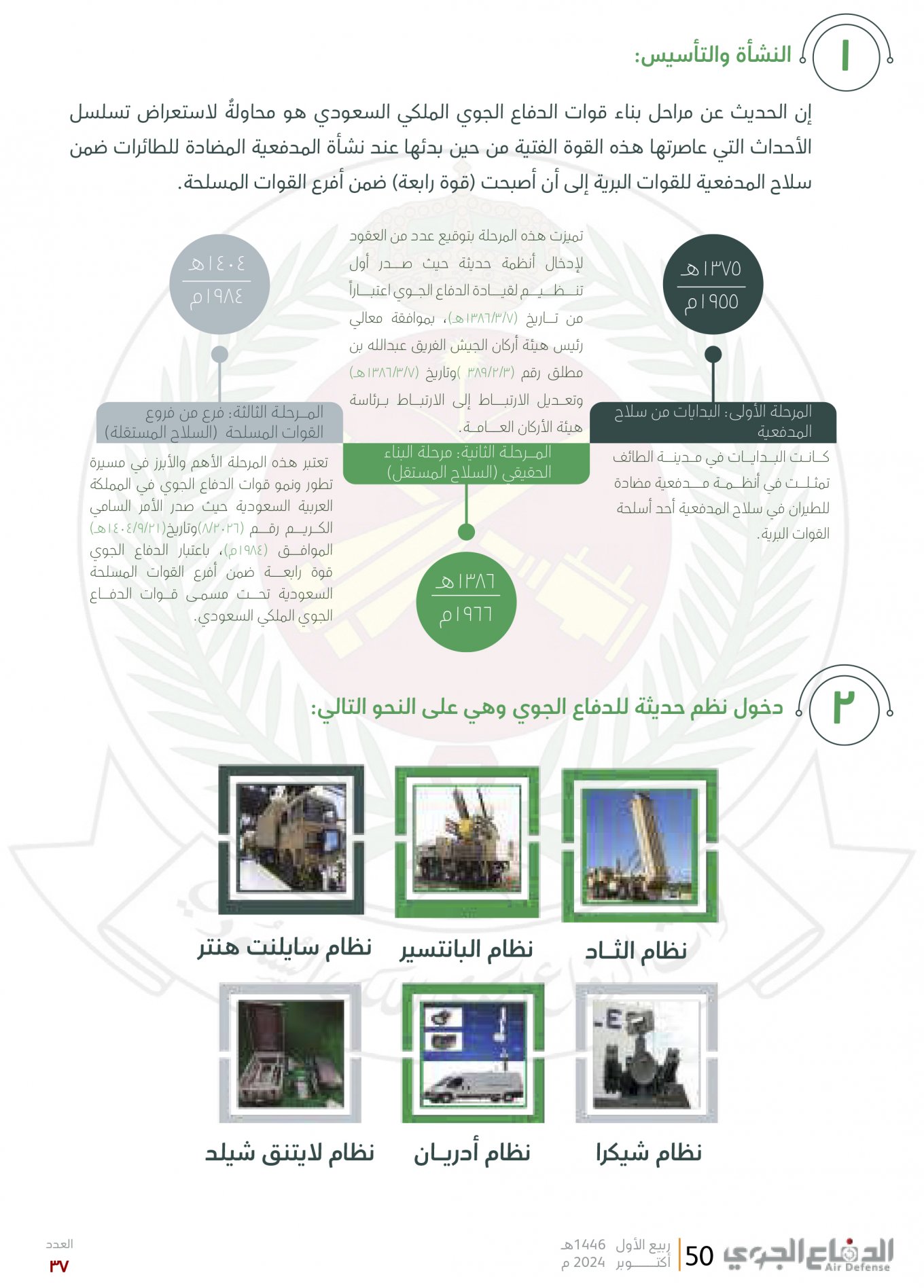
An article delving into the historical milestones and future prospects of the Saudi air defense forces elaborates on the introduction of new air defense systems nowadays, including the russian Pantsir system.
Pantsir is listed alongside the Chinese-made Silent Hunter anti-drone laser weapon, the U.S. THAAD missile defense system, the Thales Shikra surveillance radar (as per the caption, but the Crotale air defense system is pictured), the Adrian signal intelligence complex, and the Lightning Shield anti-drone guns.
Besides the designation of the russian surface-to-air missile system in the category of new ones, especially together with the American THAAD, the suspicion is reinforced by unverified information about this purchase which appeared back in February 2024. It was a photo allegedly from the exercises of Saudi air defense specialists in russia and a modernized Pantsir-S1M in desert camouflage in the background.
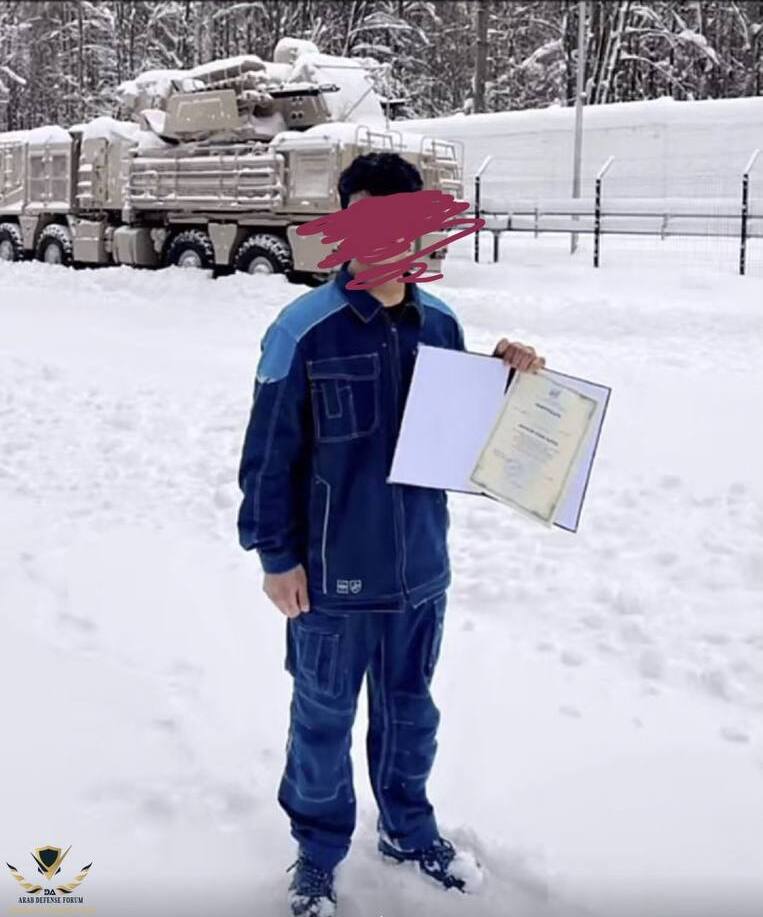
This evidence is enough to say Riyadh's purchase of weapons from Moscow is definite. This means, Saudi Arabia should fall under the provisions of the Countering America's Adversaries Through Sanctions Act adopted by the United States. However, that's in theory alone, as Washington has previously shown inconsistency with these sanctions.
One well-known example when the sanctions were implemented for cooperating with russia was the aforementioned Turkiye's case. In 2019, Ankara was removed from the F-35 program for purchasing S-400 air defense systems from Moscow, with CAATSA measures introduced the next year, including a ban of technologies for Turkish defense industry, a ban on loans, and personal sanctions.
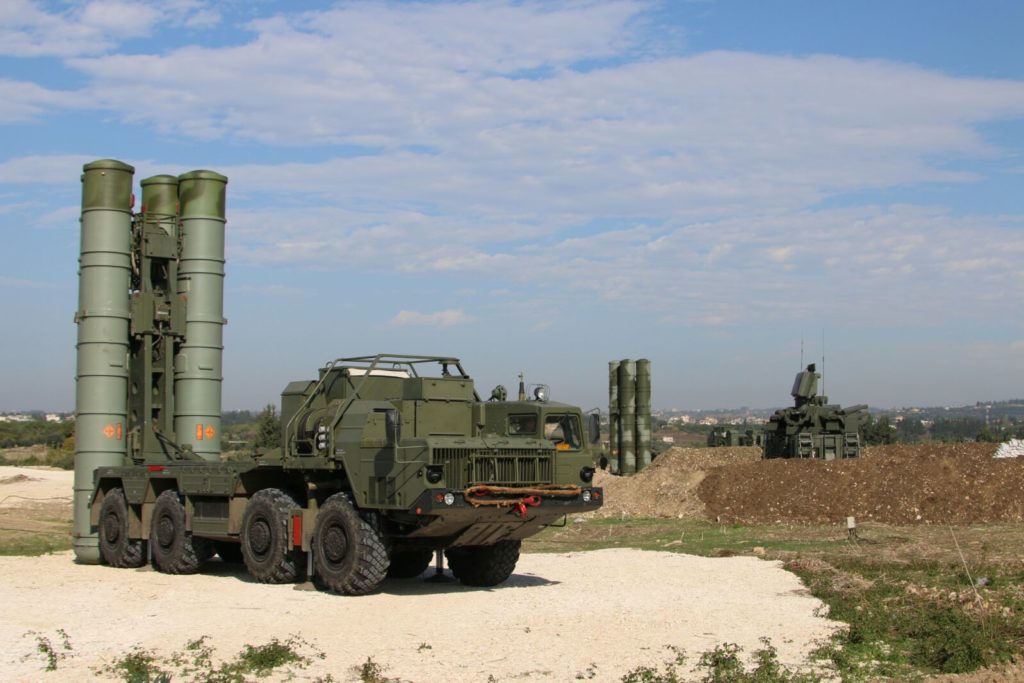
On the other hand, no less illustrative is when the U.S. ignored Delhi's purchase of the same S-400 air defense system in 2018 for $5.4 billion. Only the inability of the russian federation to fulfill this contract, currently postponed to 2026, forced the Indians to start developing their own similar air defense system. At the same time, however, India has opened a factory for the production of AK-203 rifles and now helps russia to circumvent sanctions on the transfer of electronics for combat aircraft.
Of course, Washington explained its decision to turn a blind eye by the fact that India is a regional counterweight to China, so this was a situational exception and overall a completely different story. Now Riyadh, too, wants to become another exception. After all, there's Iran nearby, and oil prices depend on it.
Especially now, post factum, it remains unlikely that any reaction from Washington will follow because the White House definitely knew about this purchase beforehand — certainly not thanks to the 37th issue of the Saudi Air Force Bulletin, which we leave below:
Read more: Not Just Su-35 Aircraft, russia Also Gave iran the License to Manufacture Them Locally



